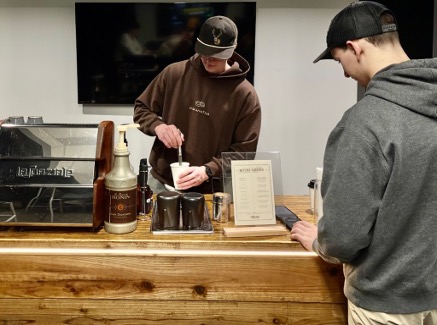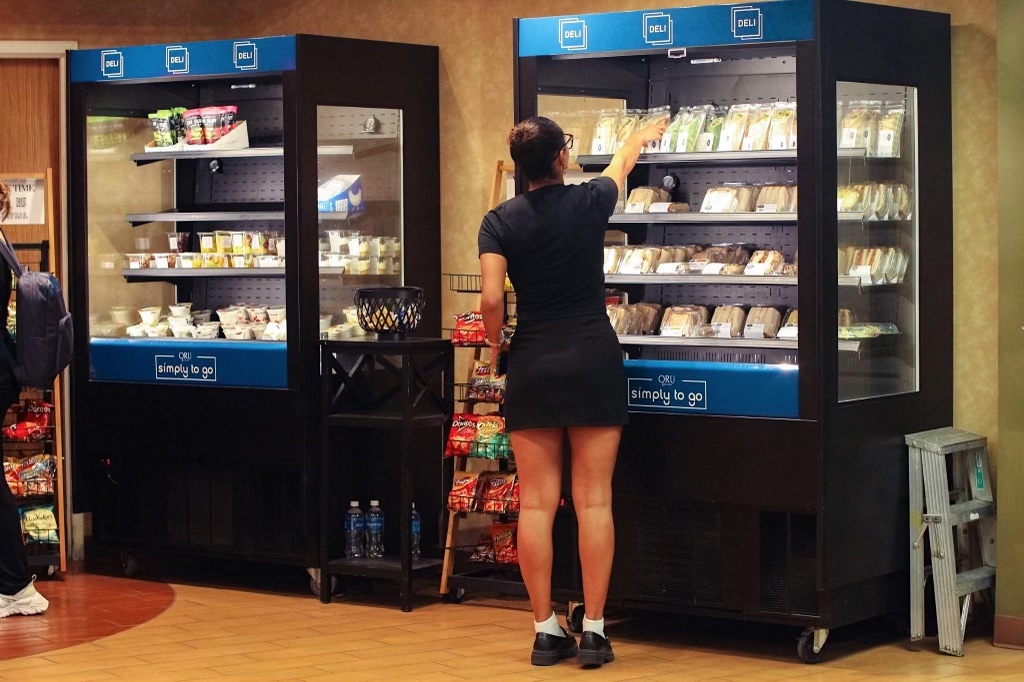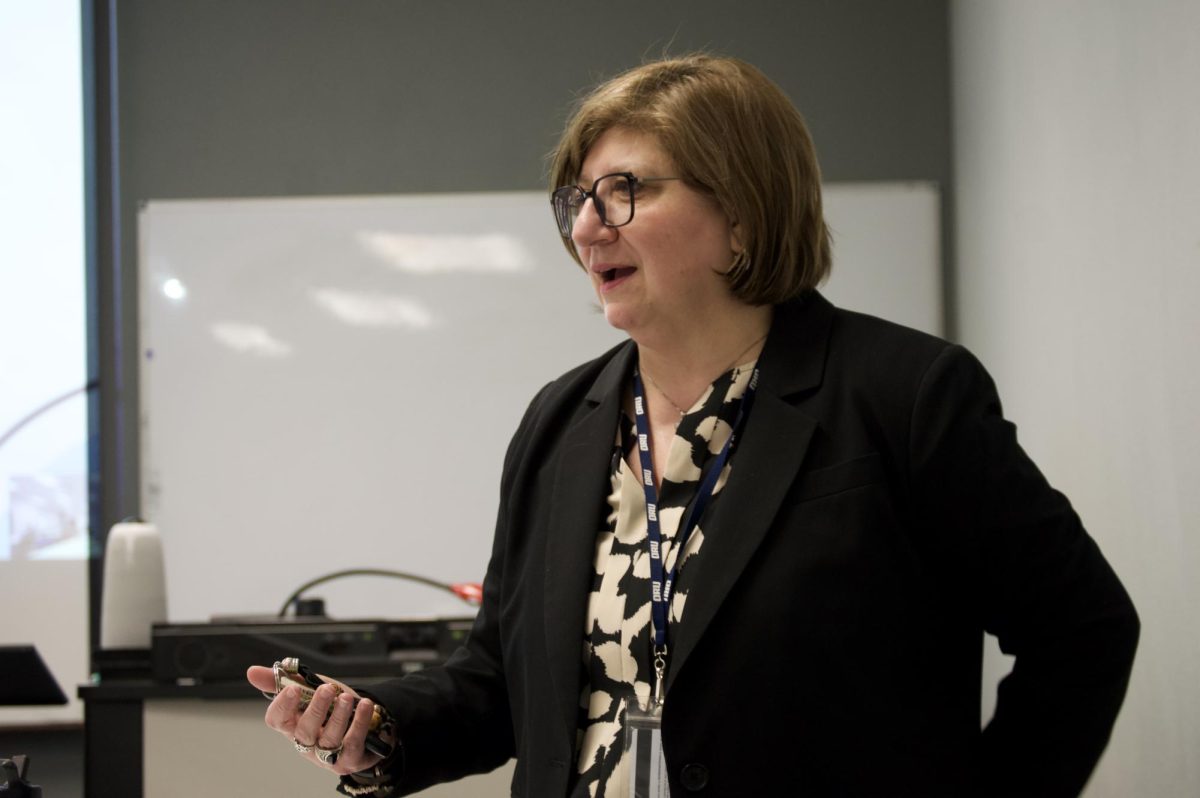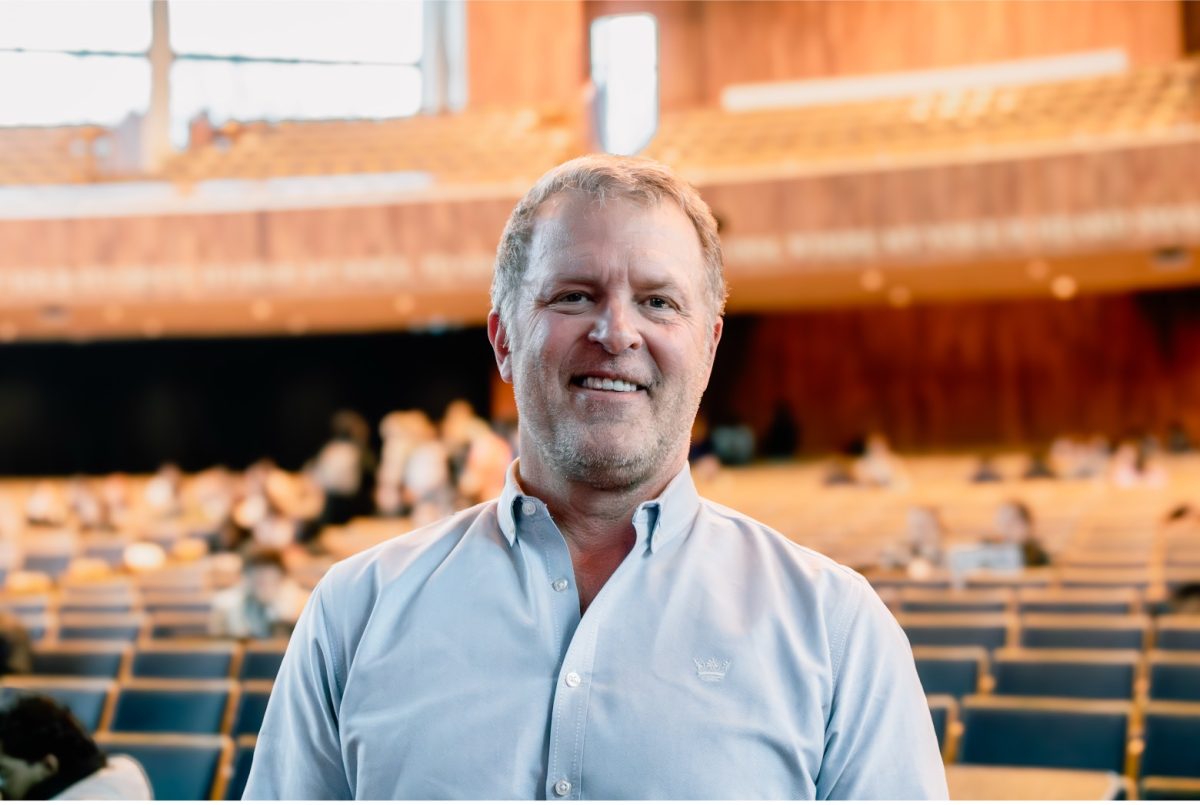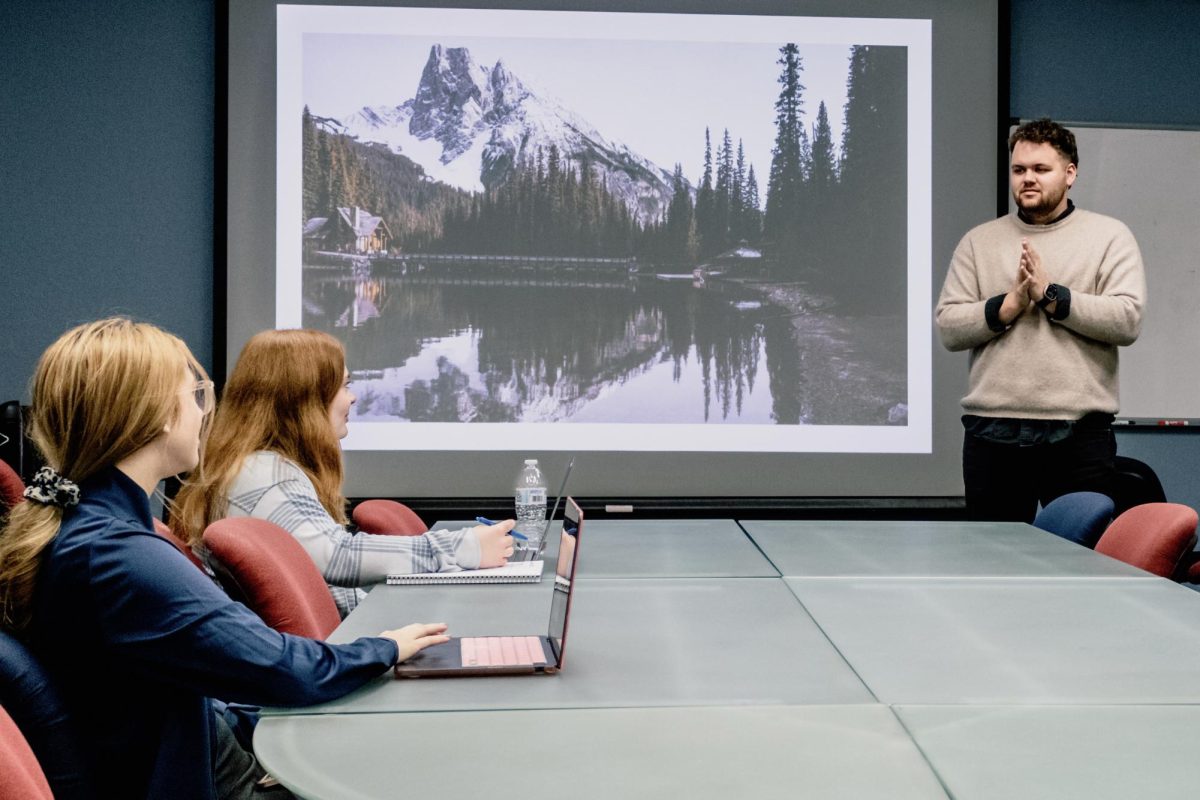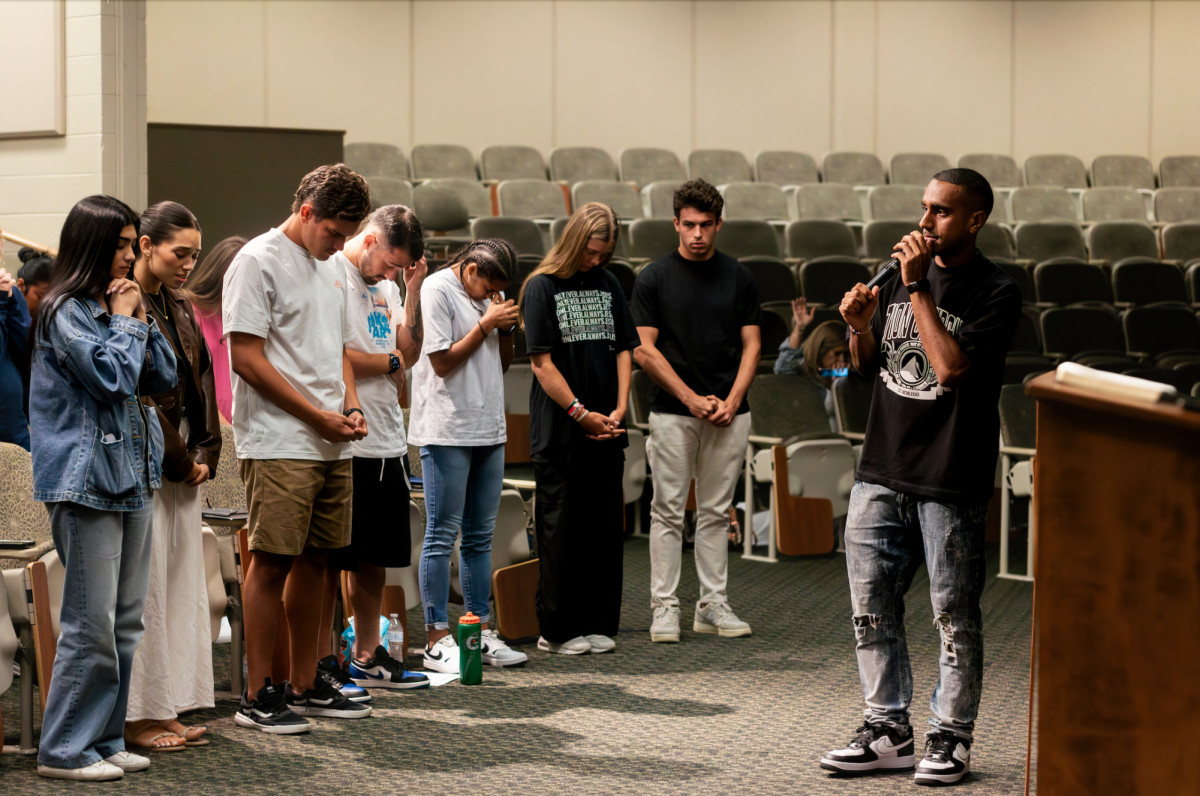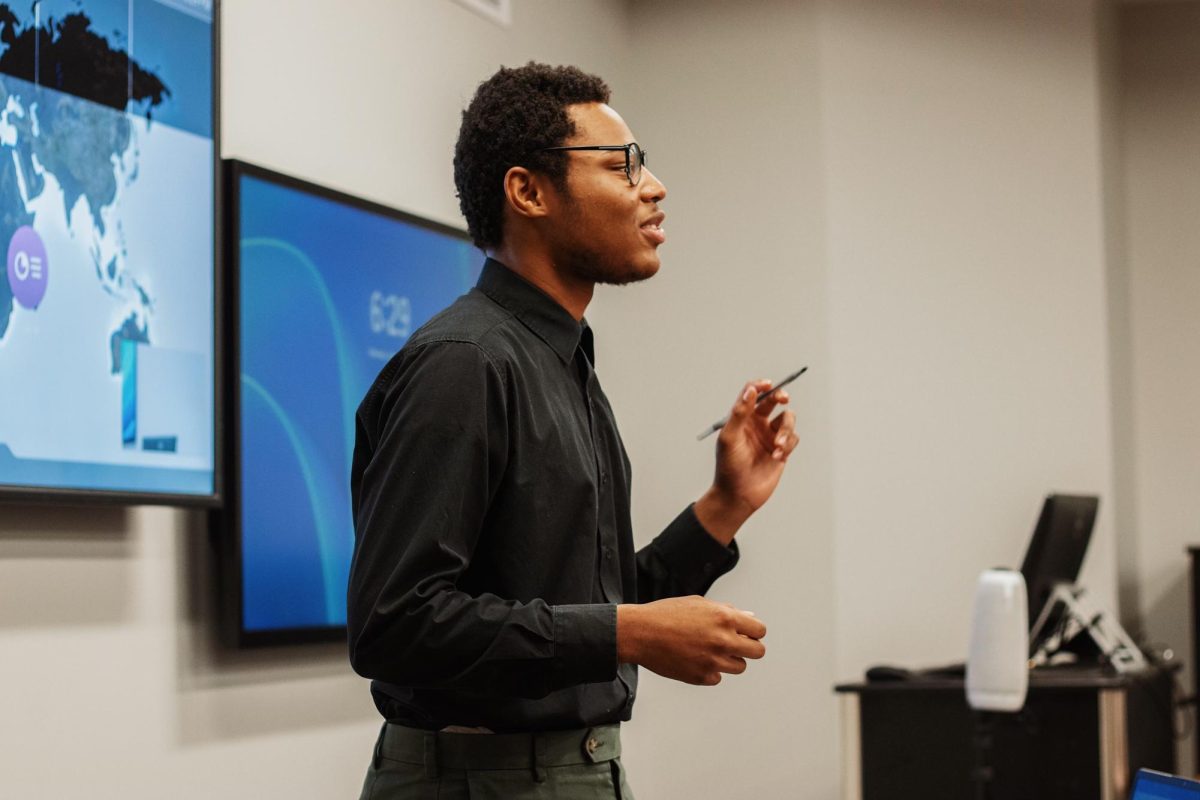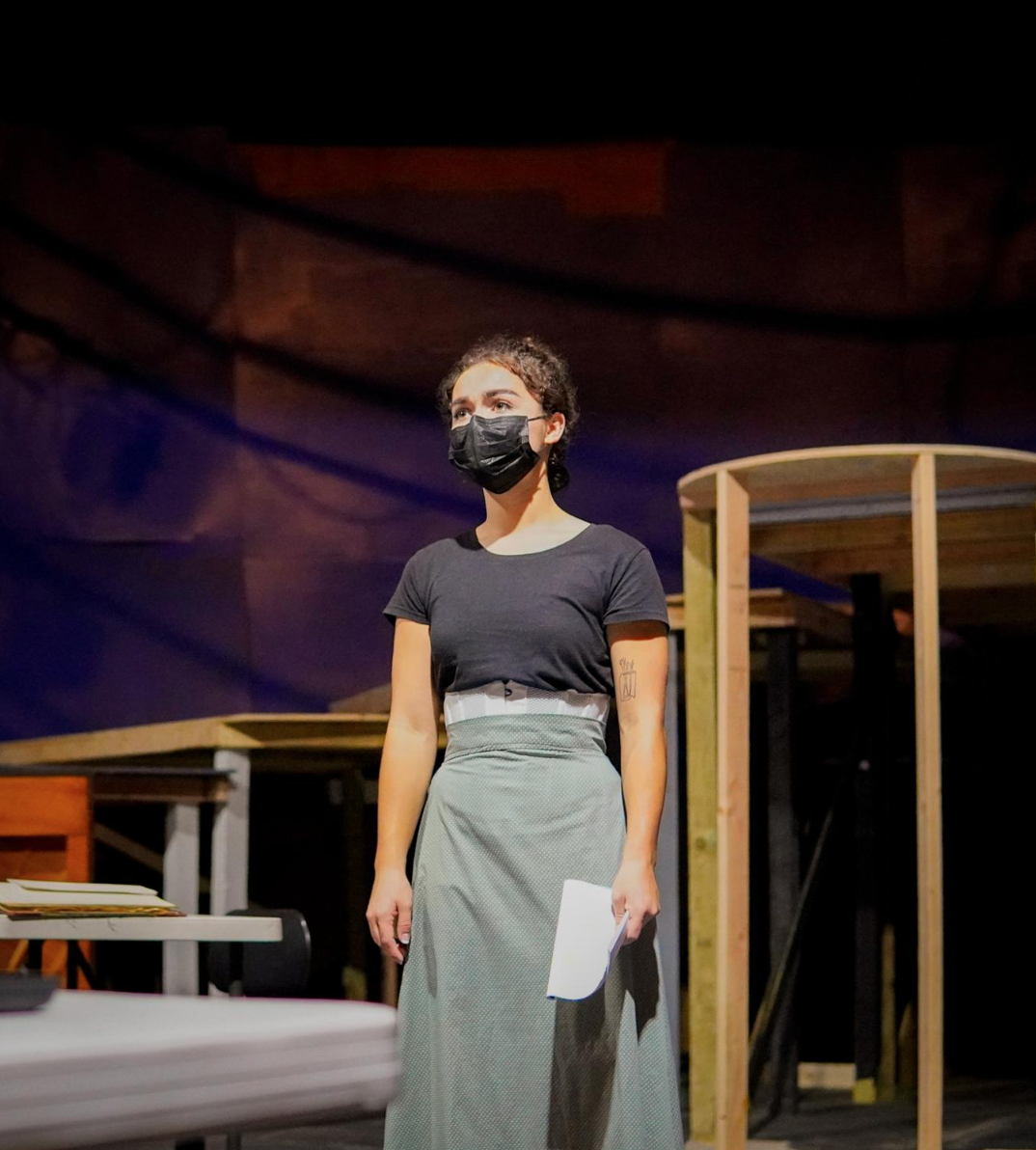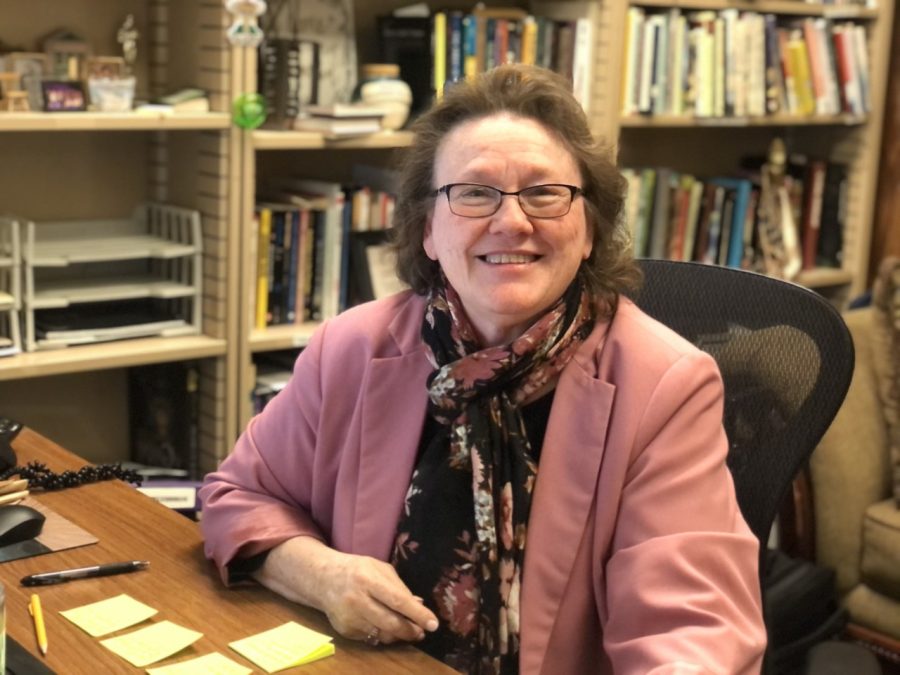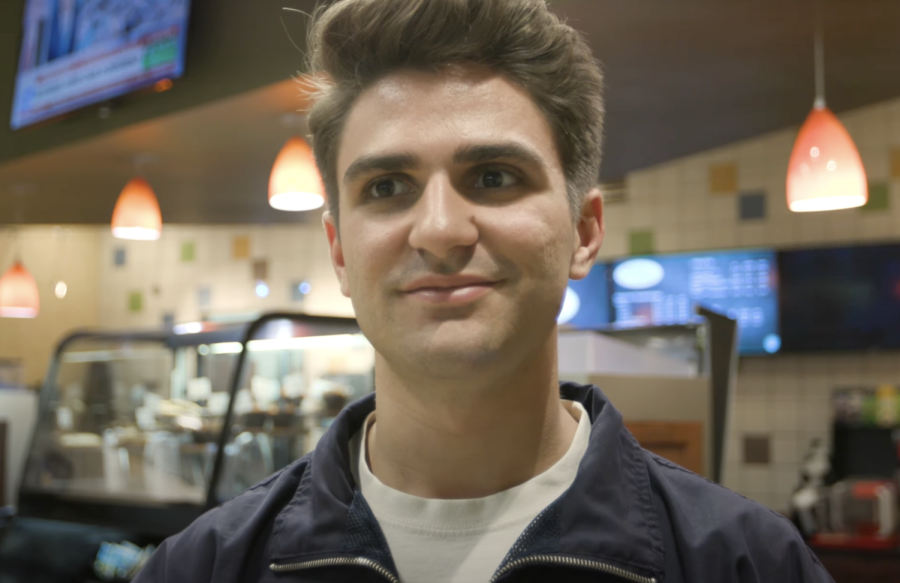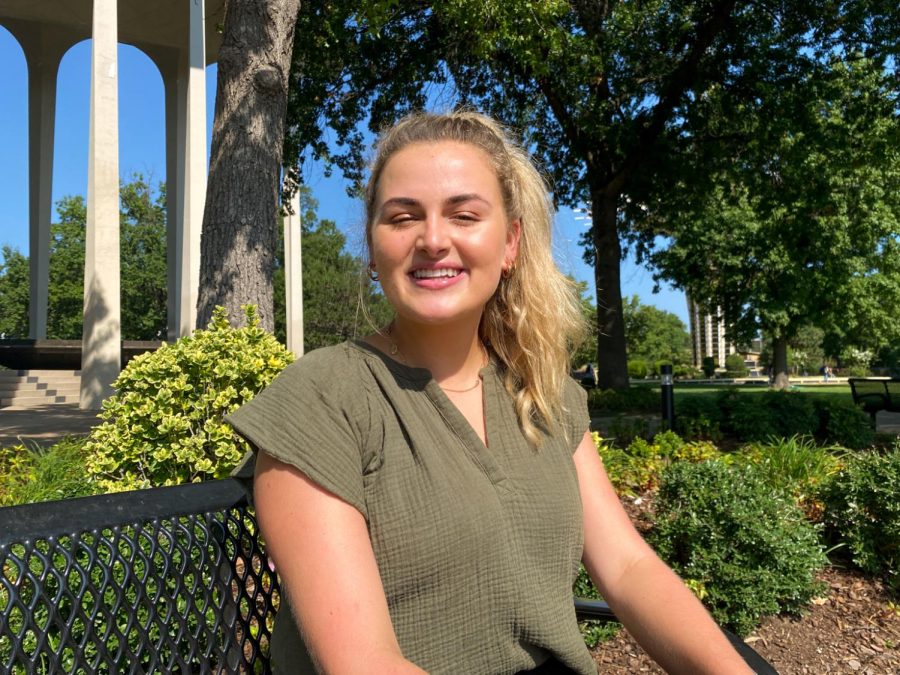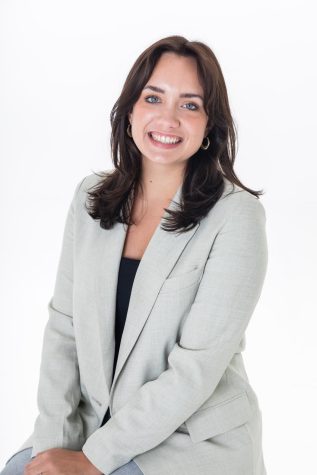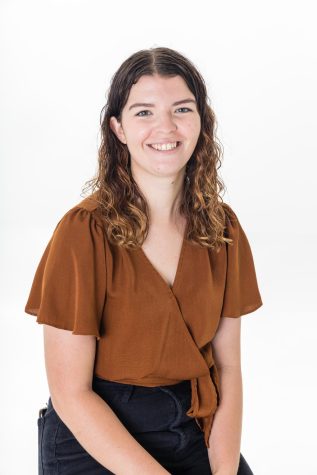Finding hope in chronic illness: ORU student Lizzy Kirby launches support group
October 24, 2022
Late one night in November 2016, Lizzy Kirby headed for the emergency room.
She had been staying with her aunt and uncle in Houston when she lost feeling in both legs. She felt pain in her lower back throughout the day, and it became unbearable by the end of the night.
Kirby made it to the hospital but collapsed in the hallway, unable to move or speak for the next 20 minutes.
“I remember not being able to even lift my finger,” Kirby said. “I tried to speak, but it came out slurred. I felt like I was dying.”
Doctors diagnosed her with depression and sent her home. But she did not believe depression was causing her physical ailments.
That night was the beginning of Kirby’s battle with chronic health issues that would reshape her life.
Kirby stayed in bed for the next month, unable to stand without collapsing. In December 2016, she started physical therapy and was able to travel in a wheelchair.
After four months of confusion, Kirby was diagnosed with postural orthostatic tachycardia syndrome, or POTS, and dysautonomia, a disorder of the autonomic nervous system. The symptoms affect parts of the body that are not consciously directed, such as the heart, digestive system and breathing.
“It was a bittersweet day,” said Kirby. “I was very thankful for a diagnosis because I had lived for four months wondering, but it was hard because the doctor told me I would have it for the rest of my life.”
She had grown up in a charismatic church in Texas. Members of the congregation told her she was sick because she didn’t believe enough, had hidden sin in her life and didn’t pray often enough.
Every day, Kirby cried out to God for healing. Every day, healing didn’t come.
Now a marketing junior at Oral Roberts University, Kirby no longer needs a wheelchair. However, she still experiences chronic pain. And she continues to deal with frequent migraines, stomach issues, heart problems, joint pain, leg numbness and other symptoms.
“I believe that Jesus could heal me at any time,” said Kirby. “I believe in divine healing. I know I will be healed one day, and I pray for healing every day. But I believe waiting is important. I want God’s will for my life, and if that includes carrying these health issues, I can’t understand why but I trust him.”
20% of U.S. youths have a chronic medical condition, according to the American Academy of Pediatrics.
“In addition to problems that are common to all students with disabilities, students with chronic illness face specific issues such as an inability to qualify for some financial aid options, unpredictable relapses during the term, and the invisibility of their illnesses, which can make them subject to disbelief and claims of malingering,” according to the Journal of Postsecondary Education and Disability.
Kirby takes inspiration from the story of Lazarus in John 11:4: “This sickness will not end in death. No, it is for God’s glory so that God’s Son may be glorified through it.”
She shares her faith in Jesus with her doctors and fellow patients. And she has helped others with chronic pain learn to advocate for themselves, believe in healing and use their stories to bring glory to God, Kirby said.
Kirby is starting a support group for ORU students with chronic illnesses called Healing Hearts. The group will read scripture together, pray for each other and encourage each other, Kirby said.
Healing Hearts will meet on Thursday afternoons at restaurants in the Tulsa area. Students can join the group and share their stories via Instagram @findingjoyinsuffering.
“I never want to have the mindset that Jesus isn’t good because he said ‘no’ to my healing,” Kirby said. “Because He didn’t say ‘no,’ He just hasn’t answered like I’d like Him to. Not my timing, not my will. It’s all in your hands, Jesus.”

